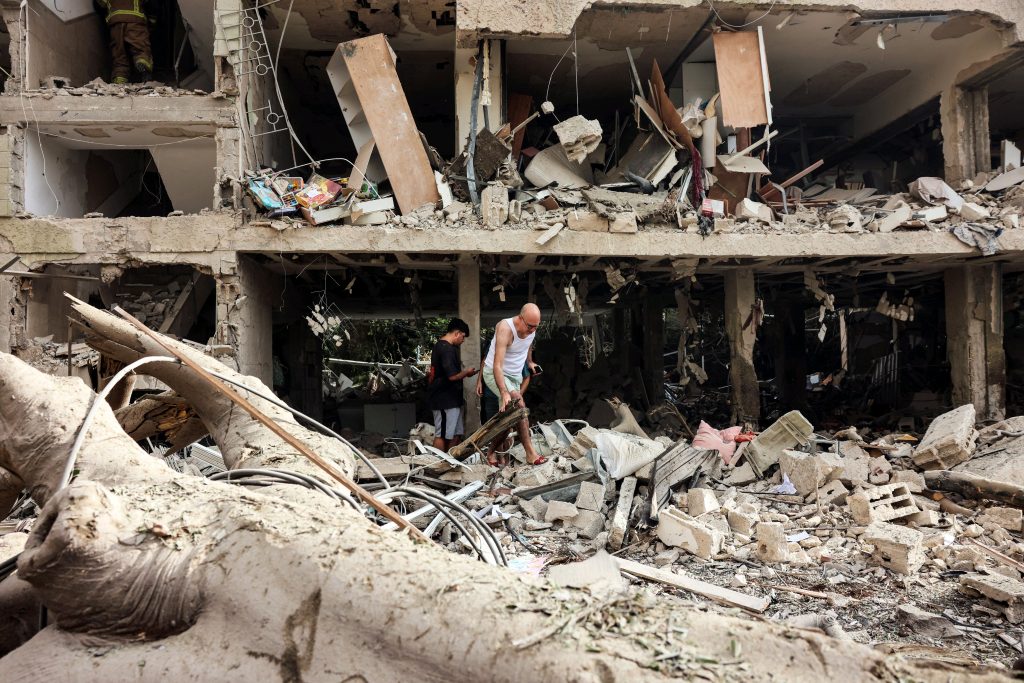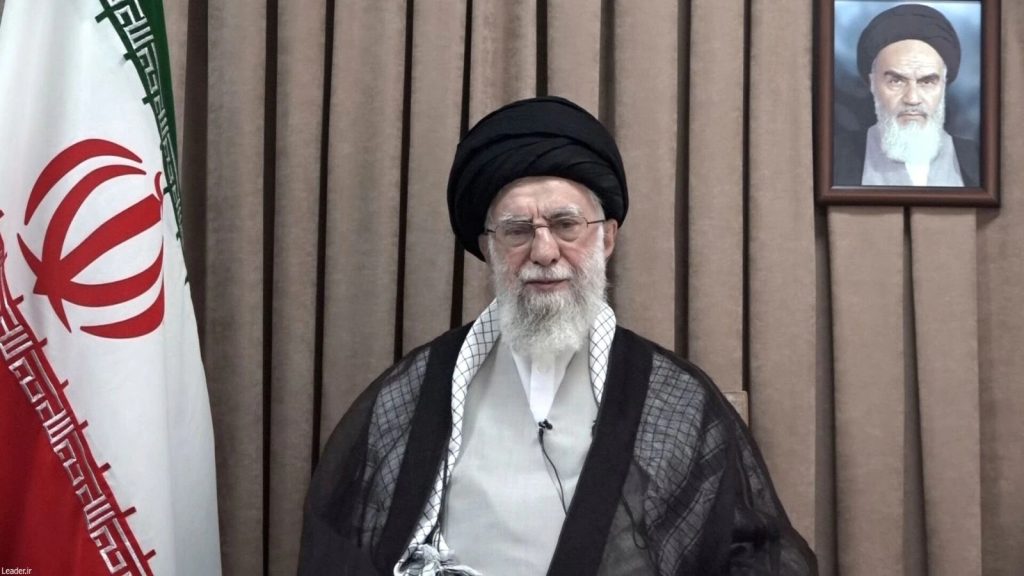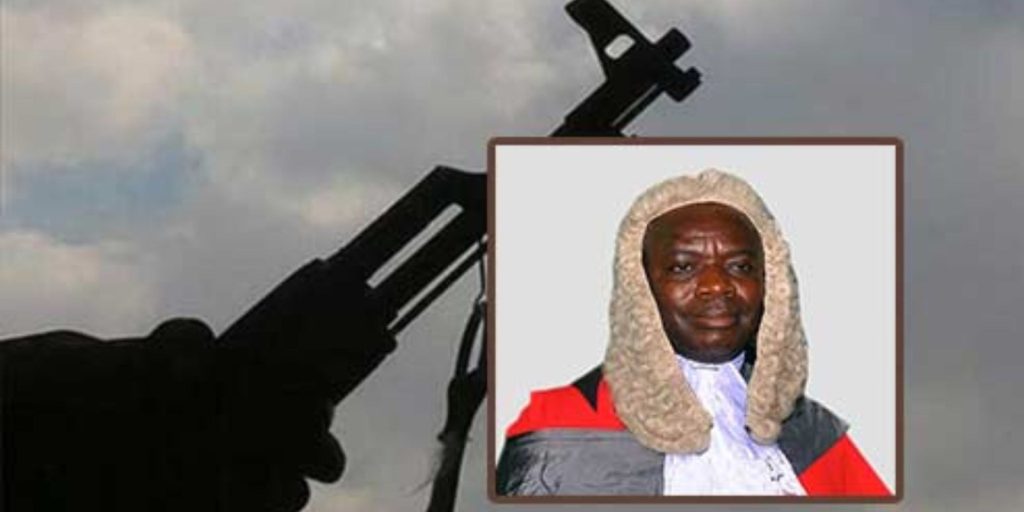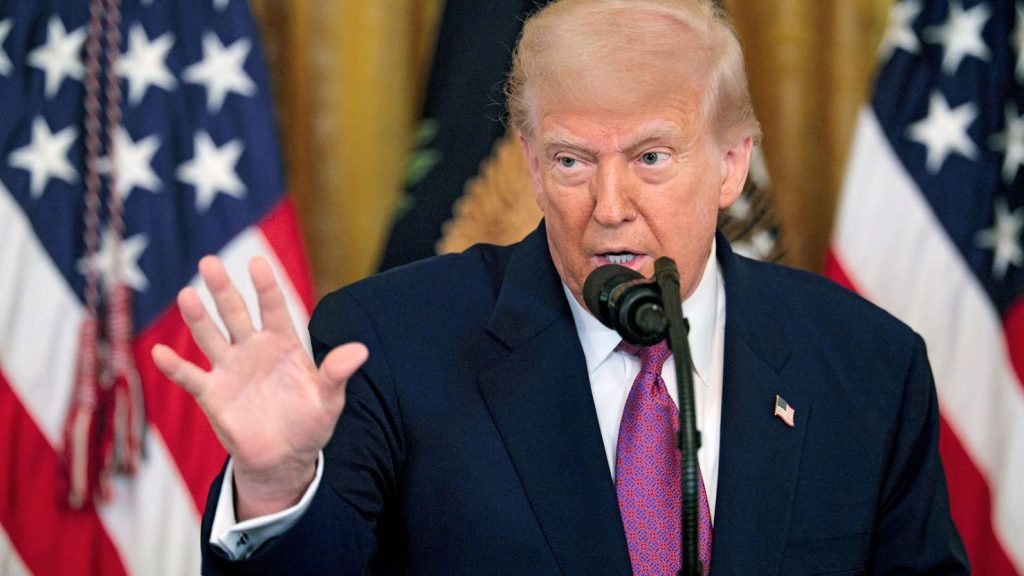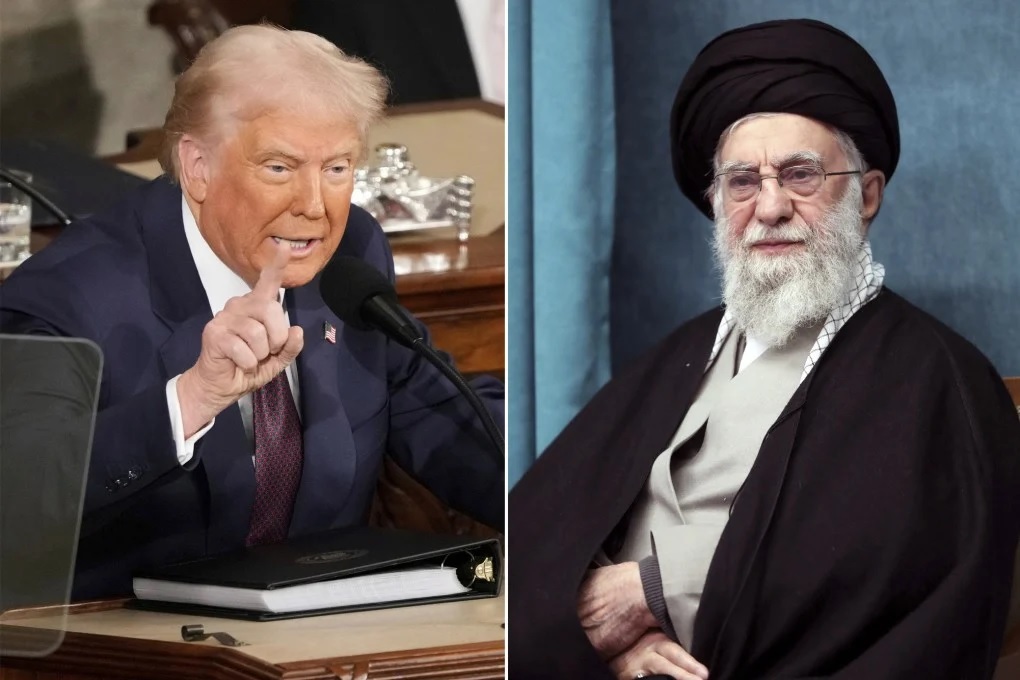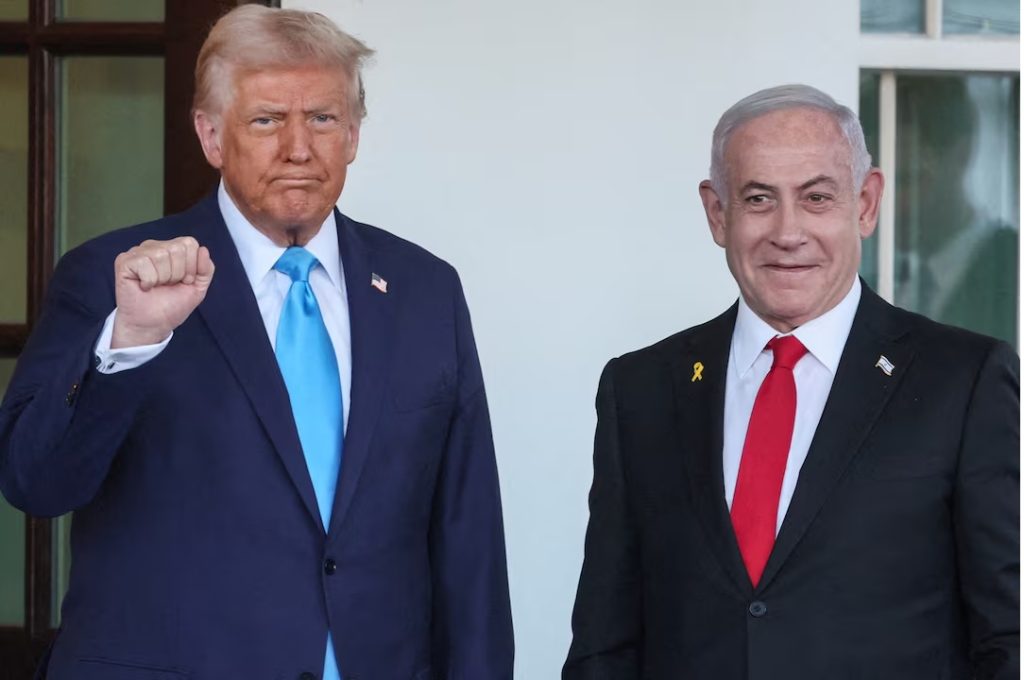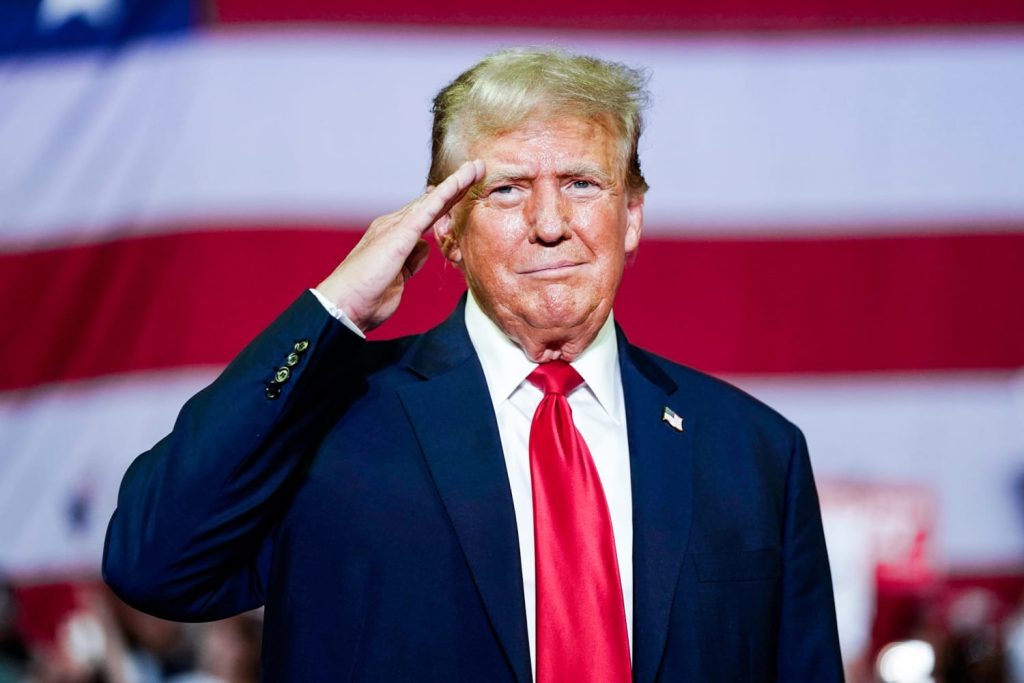Africa
DITV: Why Nigeria’s first private TV station suspended operation

Nigeria’s first private TV station, Desmims Broadcast Nigeria, and Alheri Radio, the oldest private radio station in Northern Nigeria suspends operation over ‘harsh economic conditions’.
In a statement sighted by Diaspora Digital Media, signed by Idris Mustapha, the Acting General Manager and Chairman of the Management Committee, and released to journalists in Kaduna over the weekend, the decision was attributed to the rising cost of power, which has made running the station unsustainable.
“The escalating cost of power has made it impossible to operate the station effectively,” the statement read, adding that the financial strain is further compounded by harsh economic conditions.
Many businesses that previously utilized the station’s services are reportedly unable to meet their financial obligations, significantly impacting revenue generation.
The suspension of DITV and Alheri Radio, recognized as Nigeria’s first private television station and one of its oldest private radio stations with a loyal Hausa-speaking audience, marks a pivotal moment in the country’s media landscape.
The management assured the public that normal transmission would resume once the financial situation improves. It also expressed regret for the inconvenience the suspension may cause its millions of viewers and listeners.
Known for its contribution to Nigeria’s broadcasting industry, the absence of DITV and Alheri Radio is expected to leave a noticeable void in the media space.
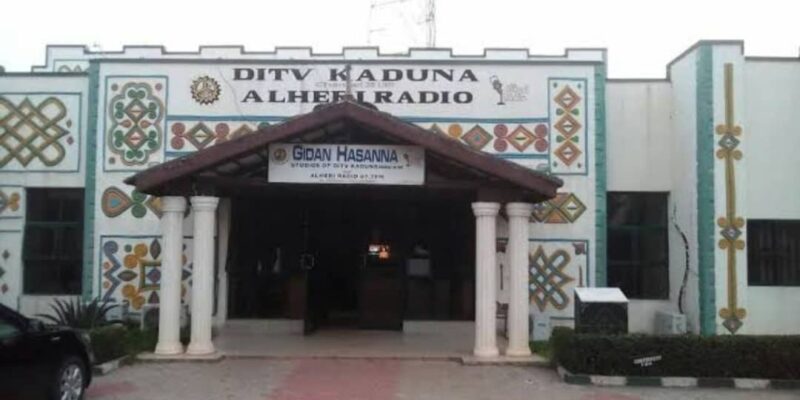
Entrance of the TV station in Kaduna State
Background…
Desmims Independent Television, popularly known as DITV, holds the distinction of being the first privately owned television station in Nigeria.
Established in 1992, DITV marked a significant milestone in the country’s broadcasting history.
This achievement was made possible by the deregulation of broadcasting under the administration of General Ibrahim Babangida, which allowed private entities to enter the television broadcasting industry.
Prior to the establishment of DITV, the Nigerian television landscape was dominated by the government-owned Nigerian Television Authority (NTA).
The NTA had a monopoly on national television broadcasting, limiting the diversity of content and viewpoints available to the public.
The entry of DITV into the market brought a fresh perspective and alternative programming options, catering to the diverse interests and needs of Nigerian audiences.
DITV’s launch in 1992 was a groundbreaking moment, as it paved the way for other private television stations to emerge in Nigeria.
The station’s programming lineup included a mix of local and international content, such as news, entertainment, and educational programs.
By providing a platform for independent voices and perspectives, DITV played a crucial role in promoting media pluralism and democratization in Nigeria.
Economic hardship in Nigeria
Nigeria is currently facing significant economic hardship, with the country grappling with its worst cost of living crisis in nearly 30 years.
The economic challenges are multifaceted, with factors such as inflation, poverty, and unemployment contributing to the hardship.
The inflation rate has surged to 34.19 percent, with food inflation exceeding 40 percent, making it difficult for people to afford basic necessities.
An estimated 87 million Nigerians live below the poverty line, which is the second-largest poor population in the world after India.
The government has implemented some reforms aimed at addressing the economic challenges, including the removal of fuel subsidies and the unification of exchange rates.
However, these measures have been criticized for exacerbating the economic hardship faced by ordinary Nigerians.
Organizations such as the World Bank are providing support to Nigeria to address its economic challenges.
The World Bank has committed $12.2 billion in financing to support Nigeria’s development objectives, including improving access to electricity, education, and healthcare.
For Diaspora Digital Media Updates click on Whatsapp, or Telegram. For eyewitness accounts/ reports/ articles, write to: citizenreports@diasporadigitalmedia.com. Follow us on X (Fomerly Twitter) or Facebook






